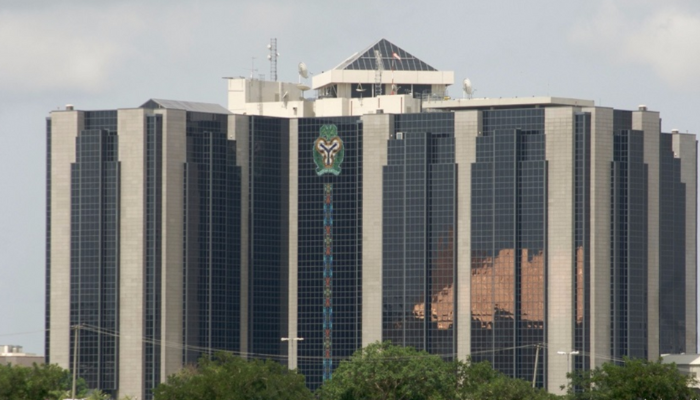Nigeria’s foreign exchange reserves have climbed to $46.7bn, the highest level recorded in seven years, signalling renewed confidence in the country’s external position and the success of recent economic and monetary reforms. The sharp rise in reserves has been attributed to improved foreign inflows, stronger oil receipts, enhanced remittances from the diaspora, and policy measures introduced by the Central Bank of Nigeria (CBN) to stabilise the foreign exchange market.
According to financial analysts, the latest figures reflect a significant recovery from the volatility experienced in previous years when dwindling oil production, currency pressures, and weakening investor confidence kept reserves under persistent strain. The CBN’s renewed interventions, tighter monetary controls, and strategies aimed at boosting transparency in FX allocations have contributed to restoring stability and attracting additional capital flows.

Market observers note that improved crude oil prices and sustained output have played a major role in strengthening Nigeria’s external buffers. Although production challenges persist, recent reforms in the oil and gas sector—alongside improved security in oil-producing areas—have helped Nigeria record more consistent crude export earnings. These inflows, combined with non-oil revenue sources, have supported the reserve buildup.
The reserves surge has also been buoyed by rising foreign portfolio investments, as global funds continue to show interest in Nigerian bonds and equities. The successful Eurobond issuances, strengthened investor sentiment, and Nigeria’s efforts to clear FX backlogs have all contributed to rebuilding confidence. Analysts further highlight that multilateral inflows, concessional loans, and bilateral support from international partners have enriched the reserve position.
The CBN’s exchange rate management strategy, which includes adjustments aimed at aligning the naira closer to market realities, is believed to be one of the strongest drivers of the reserves rebound. By curbing speculative attacks and promoting a more transparent FX environment, the apex bank has been able to draw in both foreign direct investment (FDI) and foreign portfolio investment (FPI).
In addition, the bank’s crackdown on illicit FX transactions and enforcement of stricter compliance measures across commercial banks and BDC operators have helped reduce distortions in the market. Efforts to digitise FX processes have further improved transparency and monitoring, resulting in more efficient reserve management.
Economists suggest that an improved reserve position provides a critical buffer against external shocks, particularly as global financial markets remain volatile. With geopolitical uncertainties and fluctuating oil prices continuing to shape international trade, stronger FX reserves give Nigeria more room to defend the naira, manage import bills, stabilise inflation, and meet external debt obligations.
However, some experts caution that while the rising reserves are a positive indicator, Nigeria must maintain a cautious outlook. The sustainability of the reserve buildup depends on consistent oil production, diversification of foreign earnings, and prudent fiscal management. They warn that external pressures such as declining global demand, disruptions in supply chains, and interest rate adjustments in major economies could still pose risks.
Financial analysts also highlight the need for Nigeria to leverage its strengthened reserves to stimulate long-term growth. By improving investment in non-oil exports, enhancing manufacturing competitiveness, and accelerating economic diversification, the country can reduce its exposure to external market swings and build a more resilient economy.
The private sector has welcomed the news, describing it as a sign of stabilising economic fundamentals. Businesses expect that with stronger reserves, FX availability for imports and production inputs will improve, reducing operational uncertainties and boosting investment planning. Manufacturers, in particular, hope that increased reserve levels will ease the pressure on the naira and lower production costs associated with FX shortages.
In concluding remarks, analysts argue that the reserves milestone demonstrates the potential benefits of sustained reforms and disciplined monetary policy. They emphasise that the government must not relent in its efforts to deepen structural reforms, attract foreign investment, and stabilise macroeconomic indicators to maintain the upward trajectory.
Nigeria’s FX reserves, now at a seven-year peak, offer a promising foundation for future economic growth. With consistent policy implementation, improved investor confidence, and strategic diversification, the country stands well-positioned to transform this momentum into broader economic stability and long-term prosperity.
Support InfoStride News' Credible Journalism: Only credible journalism can guarantee a fair, accountable and transparent society, including democracy and government. It involves a lot of efforts and money. We need your support. Click here to Donate
